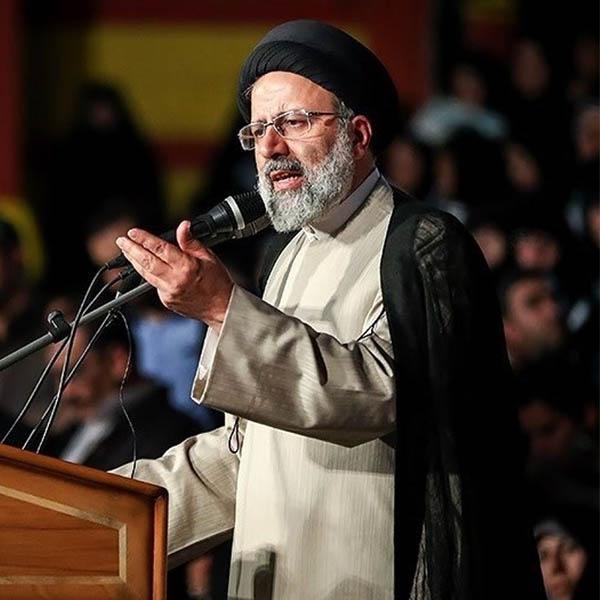Key Figures and Leaders
Featured Leadership
-
-
-
Ayatollah Ahmad Jannati
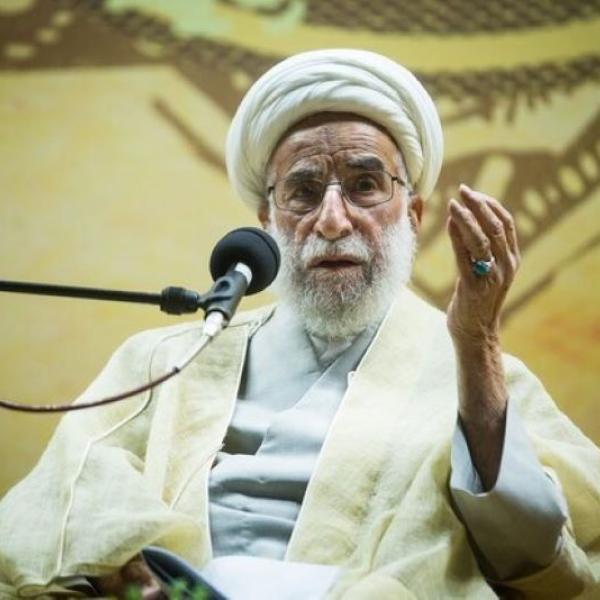
Chairman of Iran’s Assembly of Experts and Secretary of the Guardian Council
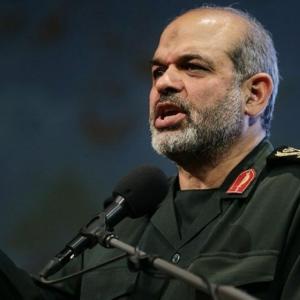
Ahmad Vahidi
Islamic Republic of Iran Minister of Interior
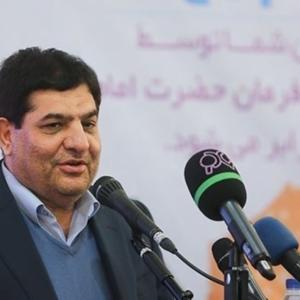
Mohammad Mokhber
First Vice President of Iran
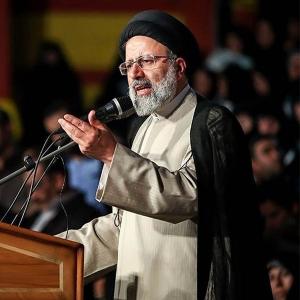
Ayatollah Ebrahim Raisi
President of Iran
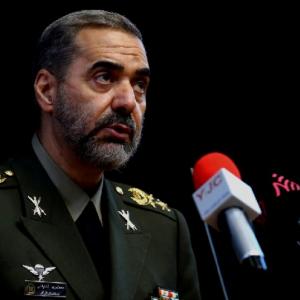
Mohammad-Reza Ashtiani
Islamic Republic of Iran Minister of Defense
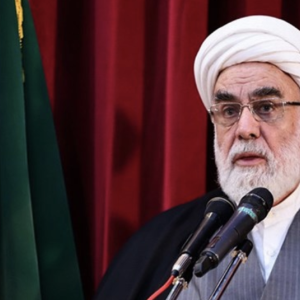
Hojatoleslam Mohammad Mohammadi Golpayegani
The Supreme Leader’s Chief of Staff
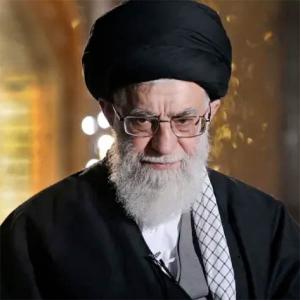
Ayatollah Ali Khamenei
Supreme Leader of Iran
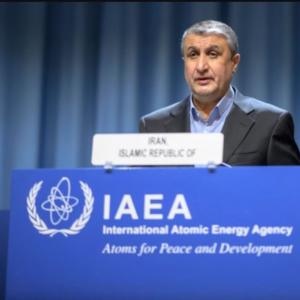
Mohammad Eslami
Atomic Energy Organization of Iran Director
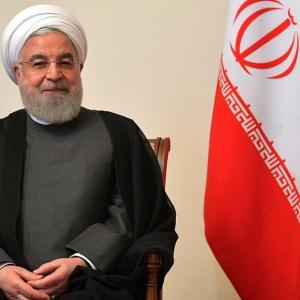
Hassan Rouhani
Former President of Iran
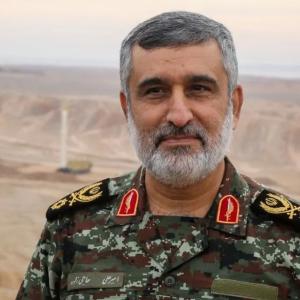
Amir Ali Hajizadeh
Commander of the IRGC’s Aerospace Force
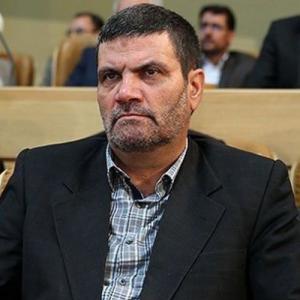
Abolqasem Salavati
The Judge of Death
Receive Iran News in Your Inbox.
Eye on Iran is a news summary from United Against Nuclear Iran (UANI), a section 501(c)(3) organization. Eye on Iran is available to subscribers on a daily basis or weekly basis.
×
